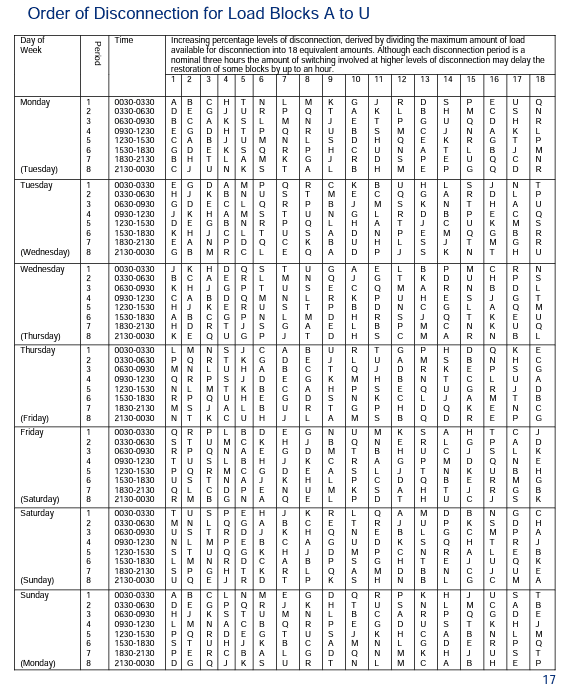⚡ The UK’s Near-Blackouts in 2024/25 — Why You Should Always Be Ready for Power Cuts
UK Blackouts? Really? Even in one of the most developed countries in the world, our electricity supply isn’t as bulletproof as many of us assume. In 2024 and 2025, the UK came alarmingly close to national blackouts — events that should make every household stop and think about basic preparedness.
These near-misses are a wake-up call: power failures can happen quickly, and even short disruptions can cause stress, inconvenience, and safety risks if you’re unprepared.
🔌 Near-Blackout Events
In October 2024, the UK’s blackout prevention system was activated due to unexpected strain on the National Grid. You can read the full report here: New Civil Engineer – Why was the UK’s blackout prevention system activated?
A few months later, in January 2025, the UK faced the tightest day in the electricity market since 2011. Again, the system barely coped with demand: Watt-Logic – Blackouts: Near Miss in Tightest Day in GB Electricity Market
These weren’t minor technical hiccups. They were warnings that even short-term blackouts are a very real possibility in the UK, not a distant hypothetical scenario.
⚠ How Rotating Power Cuts Could Work
In the unlikely event of a national energy shortage, emergency power cuts could be scheduled on a rotating area-by-area basis. Each area in Great Britain is assigned a ‘load block letter’, and would be scheduled to disconnect from the electricity grid for around three hours at a time.
You can find out which load block letter your area is in by:
- Entering your postcode at powercut105.com
- Checking your electricity bill, as some suppliers include this information
The rota plans, set out in the Government’s ESEC document, also vary by level of disconnection, from level one through to level eighteen. The rota specifies which areas will be cut off, when, and for how long, so households can plan accordingly.
Below is an illustration of the UK load block rota, showing the days and times of planned load reductions for each block letter:

Source: Inspired PLC – UK Blackout Strategy Explained
This visual makes it clear when your area could be affected, helping households plan ahead and avoid unnecessary stress.
🏡 Common-Sense Preparedness
You don’t need a bunker or a generator the size of a small car. The basics go a long way and cover most short-term power outage scenarios:
- Keep flashlights, candles, and batteries handy
- Stock a small amount of non-perishable food and water
- Have a way to keep warm (extra blankets, hot drinks, or a safe heating alternative)
- Ensure mobile devices and power banks are charged
- Be aware of your load block letter so you know when a planned cut could affect you
Even simple steps like these can turn a potentially stressful situation into a minor inconvenience.
🌐 Why UK Households Should Pay Attention
The reality is that the UK government itself recognises the importance of household preparedness, even if most people don’t know it. The official Prepare campaign provides guidance on hazards and emergency planning. However, the site is online only, buried, and largely unpromoted — meaning the majority of households remain unaware.
Contrast this with other European countries:
- France has reportedly issued survival manuals to all households, actively telling residents how to prepare for emergencies (Sky News report).
- Germany has similar civil defence communications, encouraging citizens to maintain emergency supplies and basic preparedness.
The message is clear: preparedness is mainstream in Europe, but in the UK, households are largely left to fend for themselves.
⚡ Why This Should Matter to You
Even short, planned blackouts can affect:
- Heating and hot water
- Refrigeration (food safety)
- Cooking and hot meals
- Lighting, communication, and security systems
Imagine trying to cook dinner, charge devices, or heat your home for three hours with no warning. Now imagine this during freezing weather. That’s why knowing your load block letter and planning accordingly is practical, not paranoid.
Preparedness isn’t about panic; it’s about reducing stress, staying safe, and maintaining comfort in everyday life. The UK may not broadcast the risks loudly, but events in 2024/25 prove that households cannot afford to ignore them.
🔗 Learn More
For a broader approach to household preparedness, including food storage, power backups, first aid, and more, check out our Preparedness page.
